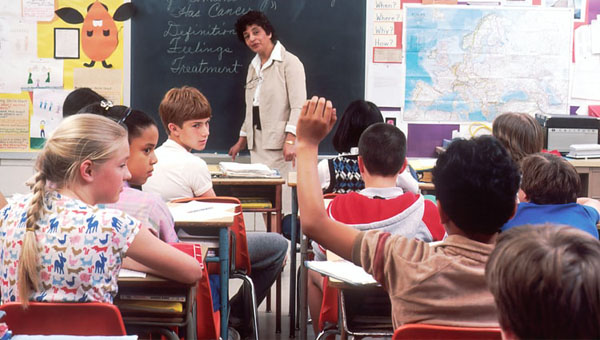By Yvonne Sam
Contributing Columnist
 The global impact of COVID-19 is unprecedented and has left countries grappling with uncertainties. In Canada various public health measures were implemented to diminish associated illness severity and mortality, along with social distancing, quarantine, curfews and closure of public places, including schools, for a while.
The global impact of COVID-19 is unprecedented and has left countries grappling with uncertainties. In Canada various public health measures were implemented to diminish associated illness severity and mortality, along with social distancing, quarantine, curfews and closure of public places, including schools, for a while.
However, while efforts are concentrated on flattening or eliminating the curve, what about the challenges, related to the impact on students’ mental health, beyond this phase of the pandemic?
Who is monitoring the effects of the school closures and social distancing, along with changes in classroom and teaching routine, all of which can worsen existing mental health problems and increase the risk of future mental health issues?
Adolescence is a crucial period for social development. The increased use of social media, and the moving of traditional forms of education to digital platforms, have caused the majority of adolescents to spend more time in front of screens.
Students have had the context that supports their engagement in school and their overall well-being taken away from them, in addition to dealing with the tremendous uncertainty about the future.
Data has shown that poor sleep, sedentary habits, mental health problems and physical health issues are often associated with excessive screen time. For many students, a loss of routine, social isolation and feelings of loneliness increase the risk of mental illness, as many students rely on schools for mental health care. Schools are critical in preventing the escalation of mental health problems.
The truth is, we are still not accepting that mental health is as important a part of life as physical health. There is no health, without mental health.
As the COVID-19 pandemic continues to adversely affect communities, now more than ever the government and educational officials need to prioritize mental health care.
Schools need to be portraying mental health as being equally important and essential as physical health (it is), and this begins with making mental health education a mandatory part of education, across all schools.
Lessons are obligatory in schools, because we regard physical health as a crucial entity our children need to know about. They are taught about eating healthy, remaining fit, at the expense of the mental side of things that is being ignored.
Mental health is something that everyone will have to deal with, at some point in their life, whether in terms of getting help with mental illness, helping someone else, or dealing with stressful moments and challenges.
Teachers, themselves, are also facing challenges, as some of the typical indicators, used to identify students experiencing mental health difficulties, may not be available. Some teachers may not be able to read students’ masked faces.
As such, teachers may wonder how students are doing, or the degree to which they are struggling, particularly with respect to emotional problems. Even under the best of circumstances, anxiety and depression can go undetected.
Schools are critical in helping prevent mental health problems escalating, in building wellbeing and resilience, and helping young people learn the skills they need, to cope in today’s world.
Of the many lessons to be learnt from this pandemic, is an urgent call for the immediate incorporation of mental health awareness and education, directly into curriculum and teachings.
We cannot fail the young — our future leaders.
Yvonne Sam, a retired Head Nurse and Secondary School Teacher, is the Chair of the Rights and Freedom Committee at the Black Community Resource Centre. A regular columnist for over two decades with the Montreal Community Contact, her insightful and incursive articles on topics ranging from politics, human rights and immigration, to education and parenting have also appeared in the Huffington Post, Montreal Gazette, XPressbogg and Guyanese OnLine. She is also the recipient of the Governor General of Canada Caring Canadian Citizen Award.
 Pride News Canada's Leader In African Canadian & Caribbean News, Views & Lifestyle
Pride News Canada's Leader In African Canadian & Caribbean News, Views & Lifestyle





